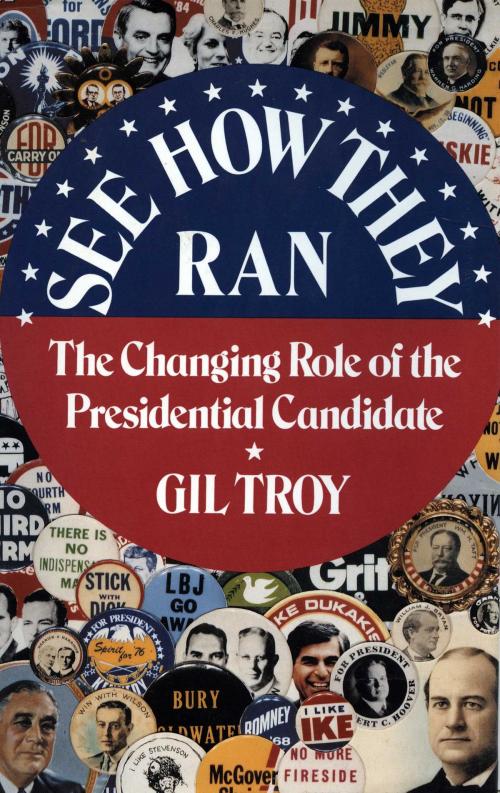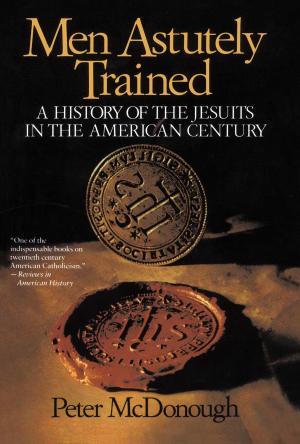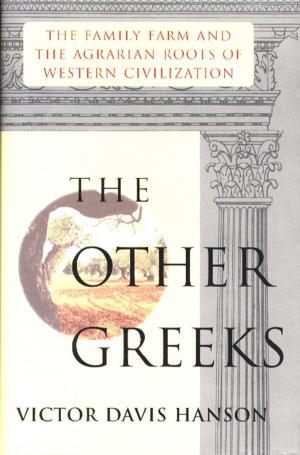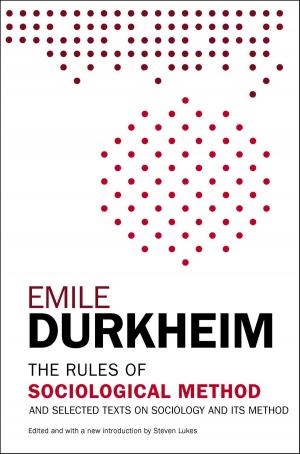| Author: | Gil Troy | ISBN: | 9781476710433 |
| Publisher: | Free Press | Publication: | September 18, 2012 |
| Imprint: | Free Press | Language: | English |
| Author: | Gil Troy |
| ISBN: | 9781476710433 |
| Publisher: | Free Press |
| Publication: | September 18, 2012 |
| Imprint: | Free Press |
| Language: | English |
See How They Ran explores why candidates campaign as they do, why Americans complain about it, and what these evolving patterns and changing images tell us about American democracy itself.
On the eve of every election, many Americans become convinced that this presidential campaign is worse than it has ever been. Frustrated, we long for the good old days of dignified campaigns and worthy candidates. However, as Gil Troy’s fascinating history demonstrates, they never existed.
Originally, candidates did not run for office, but awaited the people’s call in dignified silence. When Stephen Douglas campaigned in 1860, he pretended to be visiting his mother as he traveled, not actively campaigning. In the post-1945 world, however, both Democratic and Republican candidates have stopped to kiss babies, donned hard hats, and pumped hands along the campaign trails. From the founding of our nation, Americans have wanted a leader who is simultaneously a man of the people and a man above the people.
In See How They Ran, Troy shows that our disappointment with current presidential campaigns is simply the latest chapter in a centuries-long struggle to make peace with the idea of leadership in a democratic society. This is an engrossing and essential read.
See How They Ran explores why candidates campaign as they do, why Americans complain about it, and what these evolving patterns and changing images tell us about American democracy itself.
On the eve of every election, many Americans become convinced that this presidential campaign is worse than it has ever been. Frustrated, we long for the good old days of dignified campaigns and worthy candidates. However, as Gil Troy’s fascinating history demonstrates, they never existed.
Originally, candidates did not run for office, but awaited the people’s call in dignified silence. When Stephen Douglas campaigned in 1860, he pretended to be visiting his mother as he traveled, not actively campaigning. In the post-1945 world, however, both Democratic and Republican candidates have stopped to kiss babies, donned hard hats, and pumped hands along the campaign trails. From the founding of our nation, Americans have wanted a leader who is simultaneously a man of the people and a man above the people.
In See How They Ran, Troy shows that our disappointment with current presidential campaigns is simply the latest chapter in a centuries-long struggle to make peace with the idea of leadership in a democratic society. This is an engrossing and essential read.















